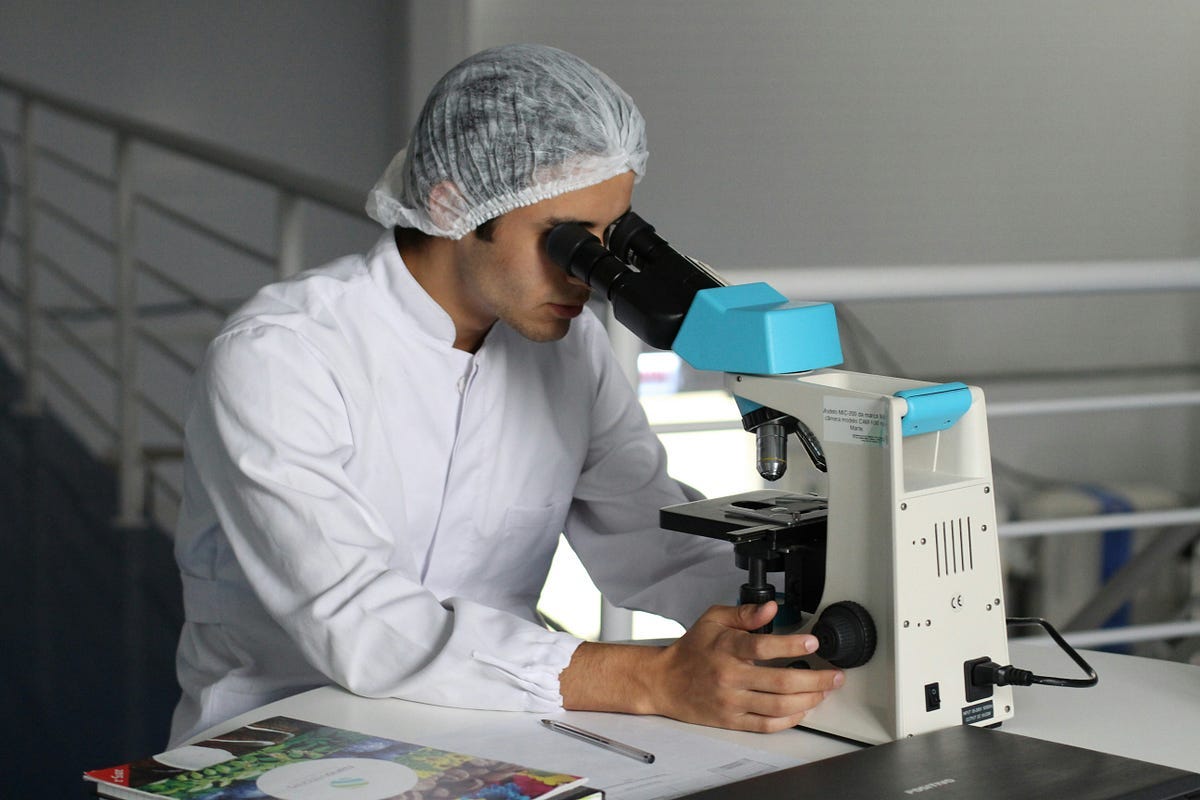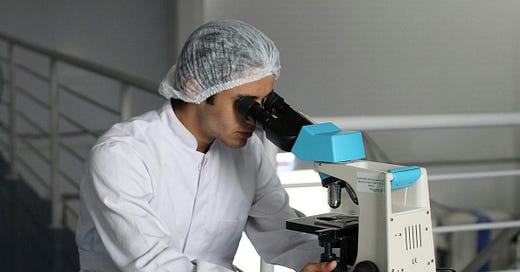The role of special genes

Here are the results of a recent research paper, explained in plain English to help understand the advances in this area of investigation.
The researchers were studying genetic differences in kids with autism compared to kids without autism. They looked at rare genetic changes called de novo variants that are brand new and not inherited from parents.
Previous studies showed that rare de novo variants in regions of DNA that control gene activity (called promoters) are more common in kids with autism.
But the researchers found that these promoter variants are only linked to autism if they are located in certain regions of DNA called topologically associating domains or TADs. TADs are sections of DNA where genes and control elements interact.
Specifically, the promoter variants had to be in TADs that contain genes already known to be connected to autism, based on previous research. Promoter variants in TADs without known autism genes were NOT linked to autism.
This suggests that promoter variants may cause autism by messing up the activity of autism genes in the same TAD region, not just the gene next to the variant. The researchers did lab experiments adding promoter variants to stem cells, which supported this idea.
Overall, the results show TADs are important functional units of the genome for understanding how rare promoter variants increase autism risk.
The findings provide new insights into the genetics and biology of autism.
References:




